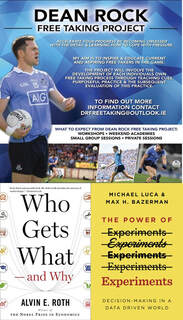I’ll do a series of short posts offering insights to different topics for the 19/20 Premier League season.
Where else can I start but with VAR – the villain of the piece. Now that the season has finished, how frequent were VAR controversies given the current implementation of the system and rules adopted?
On my count, there was 82 VAR controversies this season – about one in five matches were afflicted by a VAR debate. Unfortunately for the conspiracy theorists, there are no obvious team-specific patterns.
My magic 82 number is partly a judgment call but I'm confident it is in and around this figure.
Defining a crisp criteria is tricky of course. Most of my controversies were defined by players offside by a pixel (or armpit!), the ball grazing a hand in the lead-up to a goal and incidents where penalties were/were not given. There were others too. Generally, the VAR controversies were associated with plenty of media debate and publicity.
There are lots of uses of VAR not included in the 82. For example, take Ryan Bertrand’s straight red card for a reckless tackle on Ayoze Perez in Leicester’s 9-0 win against Southampton. VAR made this decision. I can’t see this red card being defined as a controversy under any definition. Other uses of VAR, such as when a player is clearly off-side for a goal, are also not included in this 82.
No doubt, this '1 in 5' stat is something the Premier League will want to reduce. This may involve changing the handball rule or encouraging referees to you use the touchline monitor more often. Improving the technology is important too. For me, many 'offsides by a pixel' fail to place the same precision on when the ball actually left the foot of the assisting player.
Improving referee’s training must also be high on the list for administrators. As we are often reminded, VAR is for clear and obvious errors. If referee’s make less clear and obvious errors the frequency of VAR controversies should subside.

 RSS Feed
RSS Feed